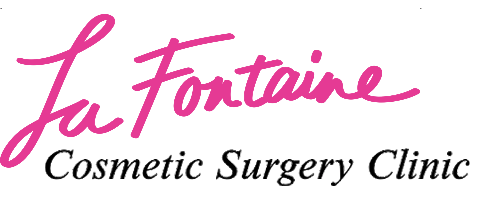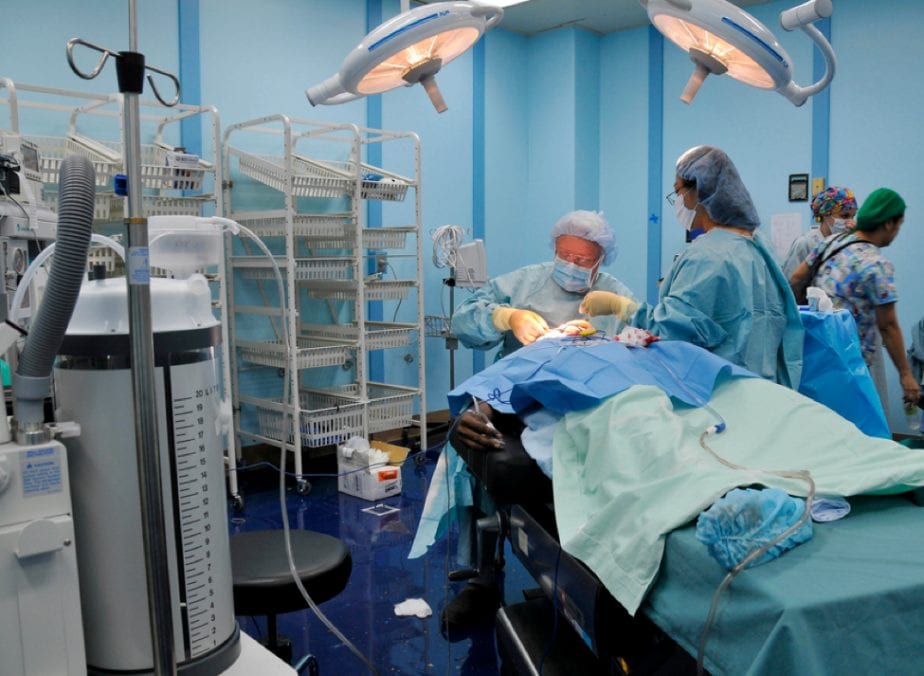You may have been considering having a cosmetic procedure done for some time but are unsure if you’d be a candidate. If you’re healthy, have reasonable expectations and know the risks of the surgery your considering, you may be able to have a cosmetic procedure.
Here’s how to know if you’re a good candidate for cosmetic surgery.
Serious Health Problems
Serious health problems, such as diabetes, high blood pressure, a bleeding disorder, heart disease or depression make you a poor candidate for cosmetic surgery. And so does being obese, smoking or drinking too much alcohol.
Talk to Your Surgeon
Before your procedure, have an in-depth talk with your surgeon about your health and lifestyle. This should include your exercise routine and how much or little you drink and smoke, as well as any medical conditions you have.
Tell your surgeon about any medications or supplements you take. Mention everything you take, even vitamins and herbal products that don’t require a prescription. Some of these may affect the risk of bleeding or interfere with other medications used during surgery. From this discussion, your surgeon will be able to tell you if cosmetic surgery is a good choice for you.
Your surgeon may ask you to make some changes, such as asking you to quit smoking for two to four weeks before the procedure and to abstain from smoking for at least two to four weeks after surgery to allow your body to heal properly. If you’re a non-smoker, be sure to avoid second-hand smoke before and after surgery.
Your Unique Characteristics
Your skin type and other unique characteristics need to be considered before you decide to have a cosmetic procedure. For instance, skin resurfacing techniques work best on people with fair skin and light-coloured hair. People who have thin and delicate nasal skin will have the best results from nose surgery.
The following list of specific facial cosmetic procedures will help you to determine if you’re a good candidate.
- Lip augmentation – You’re not a good candidate for this procedure if you have taken the acne drug Accutane recently or if you have herpes, diabetes, an autoimmune disease like lupus or rheumatoid arthritis or serious allergic reactions of any type. Also, you must accept that there’s a risk of an allergic reaction to the implanted material.
- Cheek implants – Flat cheek bones or early sagging of the cheeks, makes you a good candidate for this procedure. However, if you have excess sagging of the skin, you should consider having a facelift, instead. You must also accept the risk that the implant could become infected, be rejected by your body or shift to an irregular position that requires more surgery.
- Chin implant – If you have a weak chin or your chin isn’t balanced with your nose, you’re a good candidate for a chin implant. You’re not a good candidate if you have an abnormal dental bite that requires jaw realignment. There’s a risk that the implant could become infected, be rejected by your body or shift out of place, needing more surgery.
- Forehead/brow lift – If you have heavy eyebrows, deep forehead wrinkles or frown lines, you’re a good candidate for this cosmetic procedure. If you are balding or scar easily, you’re not a good candidate. There’s a risk or losing your hair around the surgical area and the possibility of having some numbness in your forehead and scalp that you must be able to accept.
- Eyelid surgery (blepharoplasty) – If you have droopy eyelids, bags or puffiness around your eyes, you’re a good candidate for this cosmetic procedure, but, if you have dark circles, fine lines or crow’s feet, you’re not a good candidate. You must be able to accept the risk of blindness (very rare), dry eyes, visible scars and eyelid “pulling” that can cause eye irritation.
- Nasal surgery (rhinoplasty) – You can have nasal surgery if you have a large or crooked nose that is droopy or has a bump in it. However, if you have thick skin, are a child who isn’t fully physically developed or play contact sports, you shouldn’t have this procedure done. There’s a risk in 15-20 percent of cases that additional surgery will be needed to get the best results.
- Face/neck lift (rhytidectomy) – If the skin and soft tissues on your face and neck sag with deep wrinkles, jowls and a double chin, you’re a good candidate for a face and neck lift. You’re not a good candidate if you are significantly overweight or if your skin isn’t elastic and flexible. You must be willing to accept the risk of skin loss, scarring, numbness, partial facial paralysis or a change in the hairline.
These procedures don’t last forever and won’t stop the natural aging process. Consider whether or not you’re at the right age for cosmetic surgery. You can have a facelift in your 30s that may last about five or 10 years or delay having a facelift until you are in your 40s or 50s, in the hopes of only having to have one or two procedures.



